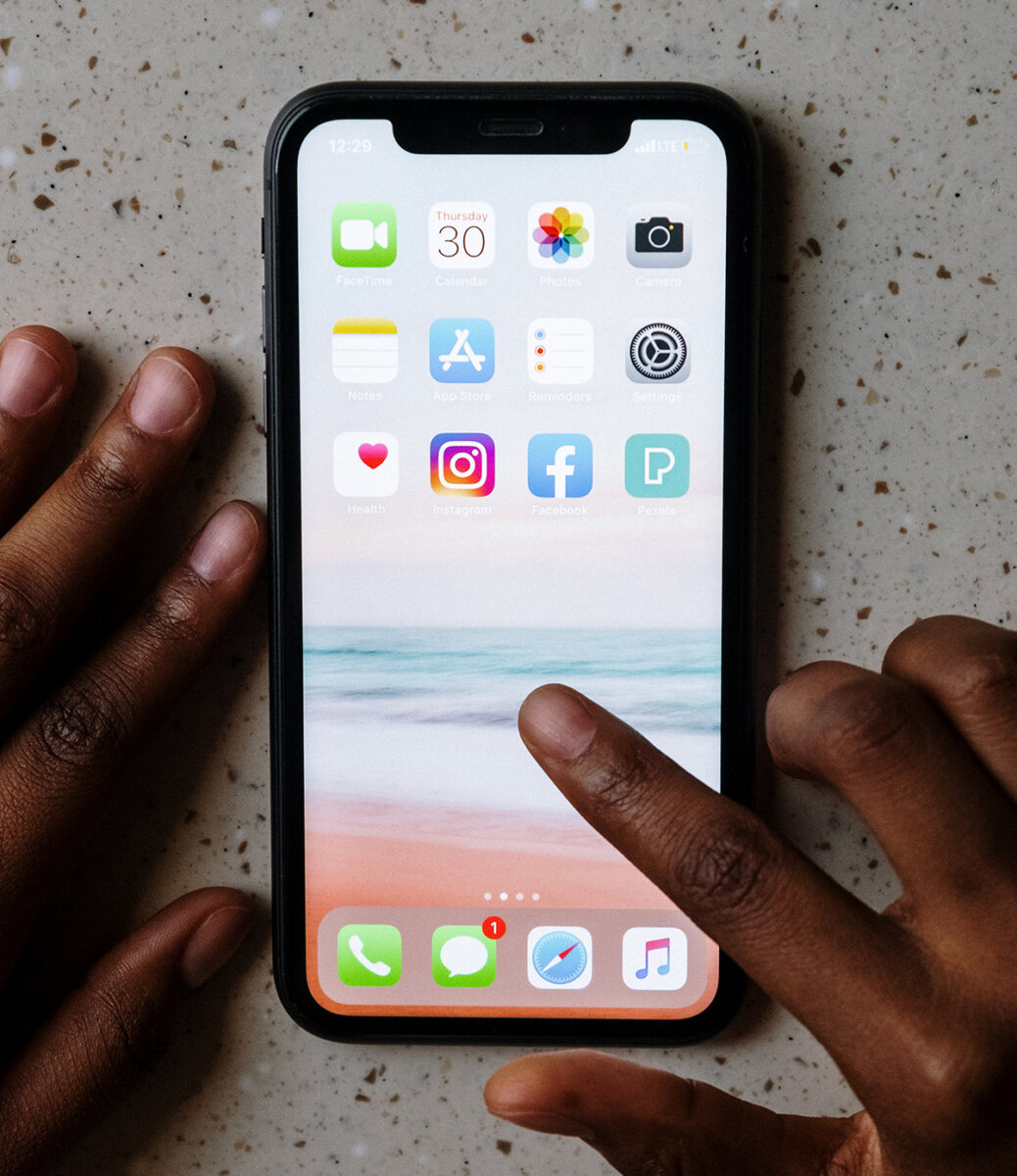[vc_row][vc_column][vc_column_text]
Culture Counsel is a monthly column focusing on the intricacies of law through the lens of pop culture and business.
[/vc_column_text][vc_column_text]Love it or hate it, influencer marketing is a pervasive and persuasive mode of advertising. In today’s society, it is estimated that about 45% of the world’s population uses social media. Generally, we spend on average 2.5 hours daily using social media platforms, such as Instagram, Facebook or Twitter. This creates a captive audience for consumers of influencer marketing campaigns. Ad agency Edelman predicts that the value of the influencer marketing industry could reach $15 billion by 2022. Influencer marketing can be an incredibly powerful tool to enable non-mainstream messages to have a voice. In addition, for smaller local brands, aligning with an influencer can increase brand awareness on a global scale in an expeditious and cost-effective manner. Overall, influencer marketing democratizes marketing away from mainstream marketing practices, which traditionally has involved significant ad spend budgets that are, for many, an insurmountable barrier to entry. Either way, love it or not, influencer marketing is here to stay.
The greatest challenge influencers have is maintaining their audience. Oftentimes they are at the mercy of fluctuating algorithms that impact their visibility. The brands that they align with for influencer marketing campaigns may not be consistent, which does not create a consistent income stream. The laws governing influencer marketing practices is tightening. However, perhaps more fundamentally, influencers are entirely dependent on the third party social media platforms that they are using. The social media platforms themselves are not timeless. Indeed, they rise in popularity and, in some instances, become subject to governmental restrictions. President Trump’s recent ‘see-saw’ treatment of Tik Tok is extreme but also demonstrates that influencers would be well served to position themselves to be independent from the brands and social media platforms on which they rely on, once their followers reach critical mass. An excellent way in which to do this is for the influencer to create his/her own social media app. The influencer can convert his/her followers into subscribers for their content and consumers of the products that they sell through their app. Once the marketplace of consumers is created, the influencer has control over what is available for consumption. Depending on how the influencer monetizes their app (either subscription based or selling marked up merchandise), it can be a very lucrative endeavour. As always, there are legal considerations when creating this type of business endeavour:
Creating your Corporate Legal Structure
In launching this venture, it is important to pick the right business structure. Choosing the wrong business structure may have tax implications, limit your ability to bring on a partner or may expose you to unnecessary liability and risk. The business structure is the foundation of your business and it is important to get it right.
Codifying your Relationship with your Developer
Hiring a developer is one of the first steps to consider when deciding to build an app. The developer will likely not be an employee, but rather a 3rd party independent contractor or software development company. This will impact ownership of the app itself. It is important to have the relationship with the developer documented in a written contract so that the influencer (or his/her company) can own the app. In addition, it is important to have a written statement of work that is attached to the contract with the developer. This can be relied upon if the app does not turn out the way the influencer had hoped. It also serves to set expectations and to make sure the influencer and the developer are on the same page. Key terms to cover in a statement of work are as follows:
- Scope of the services and deliverables expected
- Fees, which are often tied to milestones for the delivery of the deliverables
- A period to test the deliverables and reject them if they do not meet the specifications or do not work, with an ability for the developer to re-perform the services until the deliverables are accepted
Once the app has been developed, it is important to consider what will be needed in order to ensure maintenance of the app over time. For example, making sure the app continues to be compatible with Apple’s iOS or Google’s Android mobile operating systems, which can change frequently. The app will also need support which covers errors and bugs that are found after launch. Support often goes hand in hand with maintenance, but it needs to be separately contracted for by specifying how quickly the developer will respond to notifications of bugs or other problems with the app, and how quickly they will fix them.
Determining your Rights with the Users
Once the app is developed there are several aspects to consider that relate to dealings with users of the app, such as user’s privacy rights along with protecting your own liability. If the app allows users to post content that 3rd parties (i.e. other app users) can see, or otherwise interact with 3rd parties, the Terms should clearly specify what is not considered appropriate content. Information that users provide when using the app (i.e. email addresses, names, birth dates, etc.) will often be considered personal information. The influencer will need to disclose to its users how the app collects, stores, uses, discloses and transfers the user’s personal information, which is typically done in a privacy policy. It is prudent to allocate risk between the business and users. If something goes wrong and the app is involved (i.e. a data breach), the Terms can give some protection by limiting the influencer’s liability through contractual provisions. Generally, individual users may have some protections under consumer protection laws that cannot be contracted out of and courts will tend not to enforce Terms that are too one-sided. So the app’s Terms need to be drafted carefully in a reasonable way, to maximize the benefits they can provide.
Protecting and Monetizing your Brand
In consumer facing industries, brand is key. In fact, arguably, it is the most important corporate asset. The influencer will have his/her own brand and the app may be an extension to the brand. Brand protection strategy and enforcement are key. Trademarks and copyright laws will become a critical tool in protecting the brand. Content is king and there are a number of ways to monetize the content. This is done through licensing. Creating a personal brand that translates into a lifestyle brand creates the ability to merchandise the brand beyond the influencer’s own persona.
Bottom line: think big and diversify the reach of the brand to generate multiple revenue streams. But know that building a robust intellectual property portfolio and negotiating a comprehensive licensing agreement are foundational to this.
Negotiating your Contracts
Much like raising a child, it takes a village to build an empire. That means that a number of different third parties will be involved in various different aspects of building your empire. Here’s just a sample of some of the players: investor, photographer, social media strategist, agent, sponsors, brands using your platform for influencer marketing, etc. As your business grows, the opportunities should also grow in a multitude of ways that increases the profitability of your business. Negotiating and entering into written commercial agreements that apply to the business nuances of the third party relationship is critical. Examples of the types of agreements include non-disclosure agreement, independent contractor agreement, sponsorship agreement, shareholders agreement, agency agreement. Important considerations should be given to term, termination, performance milestones, confidentiality, indemnification, representations and warranties.[/vc_column_text][vc_separator][/vc_column][/vc_row]













